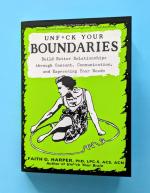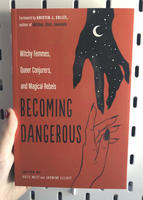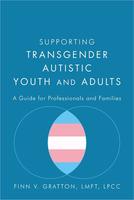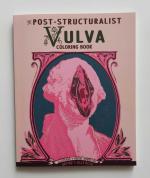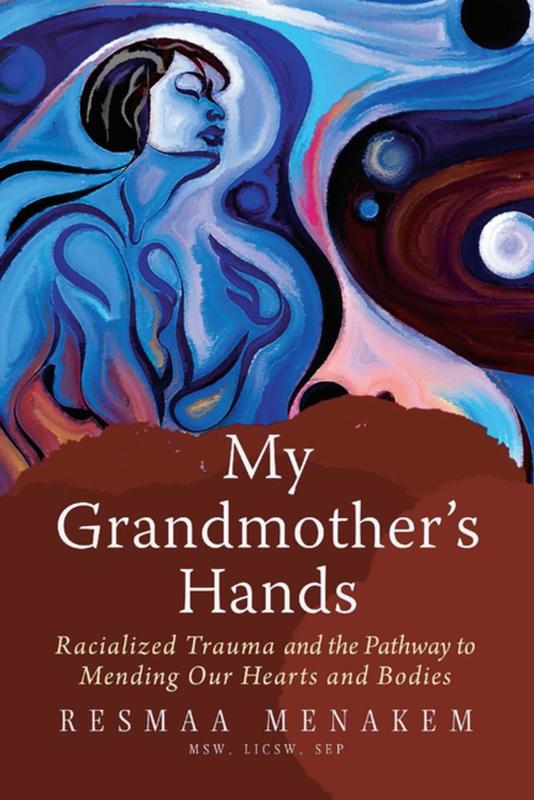
My Grandmother's Hands: Racialized Trauma and the Pathway to Mending Our Hearts and Bodies
by Resmaa Menakem Author
From Psychology Today: "The title refers to my maternal grandmother and to how both trauma and resilience were expressed through her body. She was a small woman, but she had very thick, stubby fingers. They were the result of picking cotton as a sharecropper’s daughter, beginning when she was four years old. Cotton plants have burrs in them that will cut you wide open. Eventually, her hands adapted to the repeated trauma in a way that protected her. But her hands looked odd, almost deformed, as a result. Like so many Americans, she had a lot of trauma stored in her body, and she passed on some of that trauma—as well as her love and resilience—to her children and grandchildren."
Therapist Resmaa Menakem explores generational trauma in general and the pain caused by white supremacy in the United States specifically, from the perspective of body-centered psychology. There's a lot of science (fascinating information on the vagal nerve and cutting-edge neuroscience research) presented in a clear and accessible style. There are several chapters specifically for African-Americans and people of color, others specifically for white people, and several specifically for law enforcement. Menakem studied with psychiatrist van der Kolk, author of the seminal book, The Body Keeps the Score, and My Grandmother's Hands is a natural continuation of that scholarly research.
Recognize and heal your trauma. From there, you can go out and heal the world. We can never undo the Mason-Dixon line, but we can undo generational pain in our own bodies, and move forward together.
You must log in to comment.



